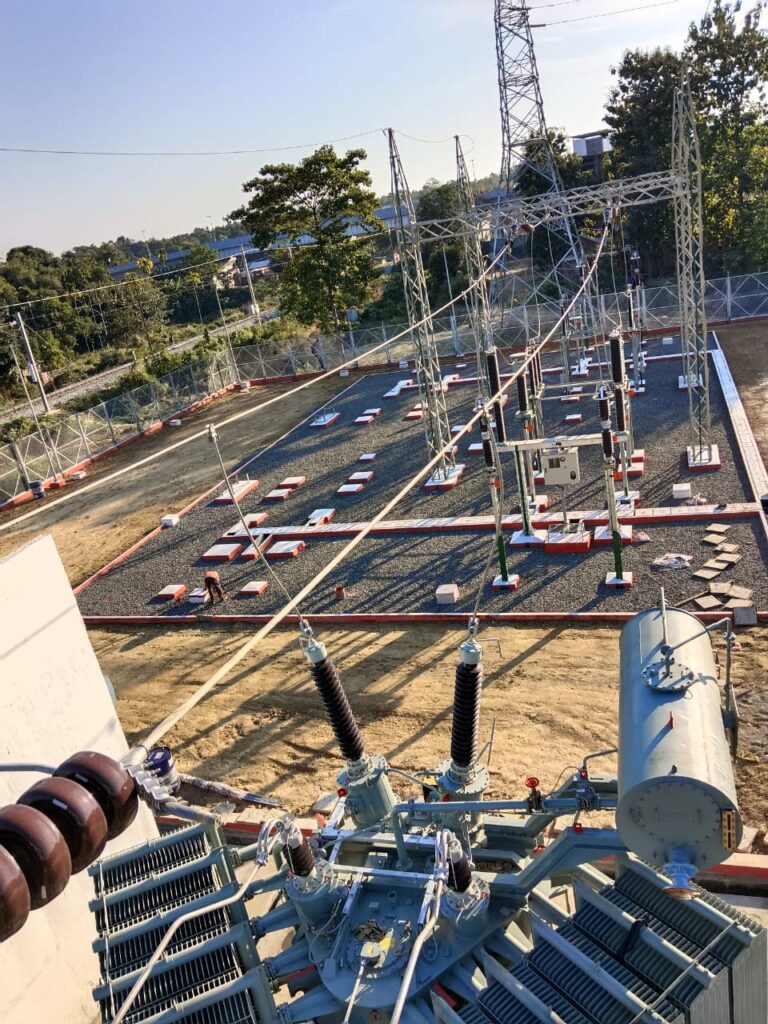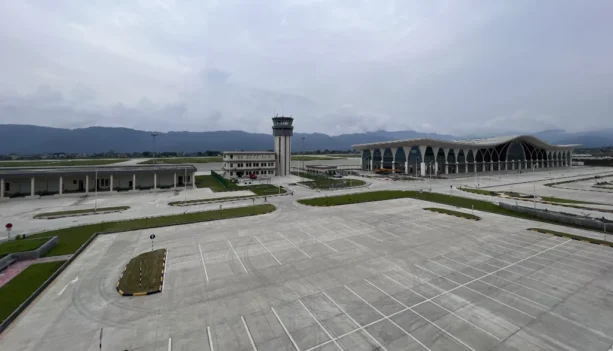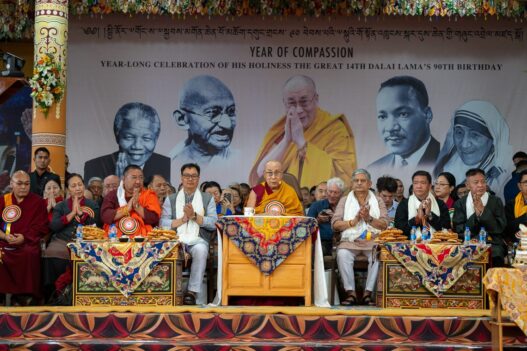Indian Railways has intensified electrification efforts in the Northeast region, transforming the railway network for sustainability and efficiency, in a leap towards achieving Net Zero Carbon Emission goals. The Ministry of Railways disclosed in an official statement that 937 Route Kilometers (RKM) of tracks in the Northeast have been electrified, showcasing the commitment to an eco-friendly rail network.
According to the ministry, a total of 937 Route Kilometers (RKM) of railway tracks in the Northeast have already been electrified as part of this ambitious endeavor. This accomplishment is a testament to Indian Railways’ commitment to reducing carbon emissions and fostering a more environmentally friendly rail network.
Driven by the goal of #NetZeroCarbonEmission, Indian Railways is accelerating electrification efforts in the Northeast. With 937 RKM tracks electrified, IR paving the way for a greener and more efficient rail network in the region.#RailInfra4Northeast pic.twitter.com/g71ytDH8uU
— Ministry of Railways (@RailMinIndia) December 26, 2023
NFR spearheads 100% electrification effort
The Northeast Frontier Railway (NFR) is leading the charge towards 100% electrification, targeting all broad gauge routes, including the vital Jalpaiguri-Haldibari section in North Bengal. Works are underway for electrification till Haldibari, the last station on the India-Bangladesh border along the New Jalpaiguri-Dhaka route. Simultaneously, electrification works in the Katihar-Teznarayanpur section in Bihar are progressing rapidly.
According to a report, within the jurisdiction of NFR, significant progress has been made, with 921.01 Km in Assam, 9.58 Km in Meghalaya, and 6.00 Km in Nagaland already electrified. Furthermore, 285.87 Km in Bihar and 744.726 Km in West Bengal have been electrified under NFR’s purview. Statutory inspections for two key sections of Katihar division, namely Raninagar Jalpaiguri Junction – Haldibari (30.71 Route Kilometres) and Katihar Jn – Teznarayanpur (33.03 Route Kilometres), are imminent.
To expedite electrification works, entities like Indian Railway Construction International Limited (IRCON), Rail India Technical and Economic Service (RITES), NFR/Construction, and Central Organisation for Railway Electrification (CORE) are executing the project in phases across different sections in the zone.
NFR spokesman Sabyasachi De emphasised that electrification would enhance train mobility, strengthen the rail network in northeastern states, reduce pollution, improve financial performance, and boost punctuality through the shift from fossil fuel to electricity. This transformative initiative aligns with Indian Railways’ broader commitment to sustainable and efficient transportation infrastructure.







